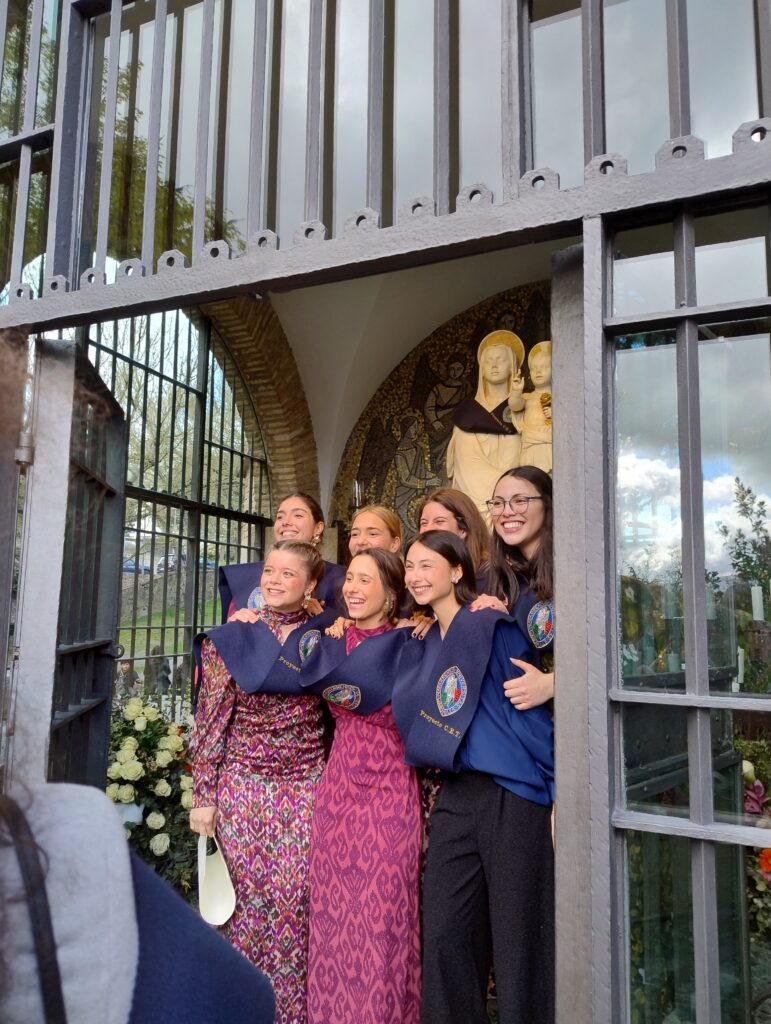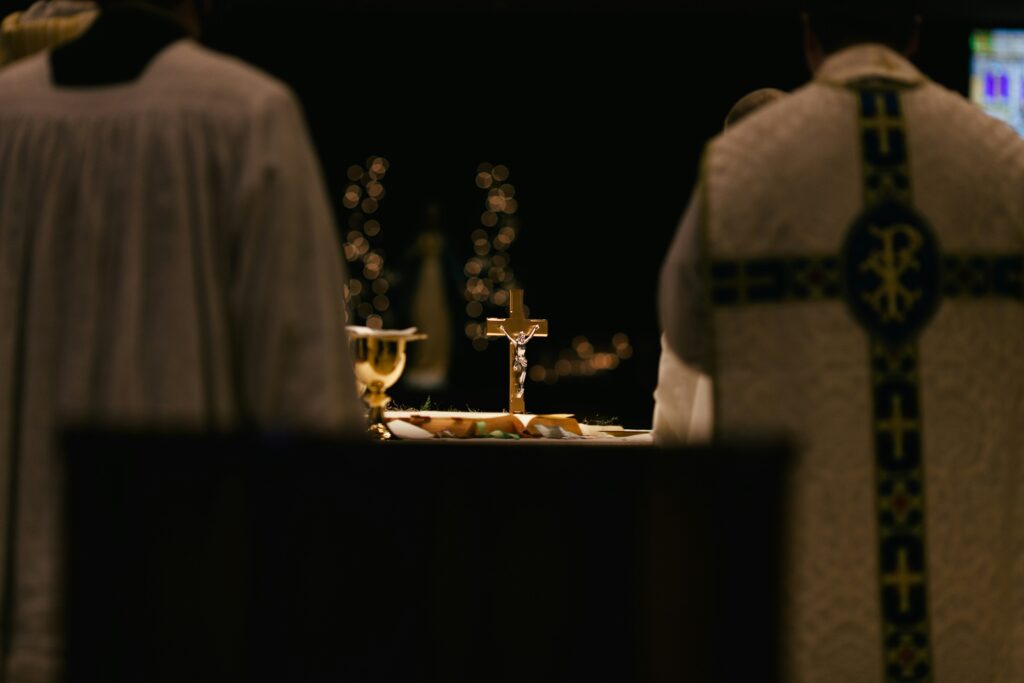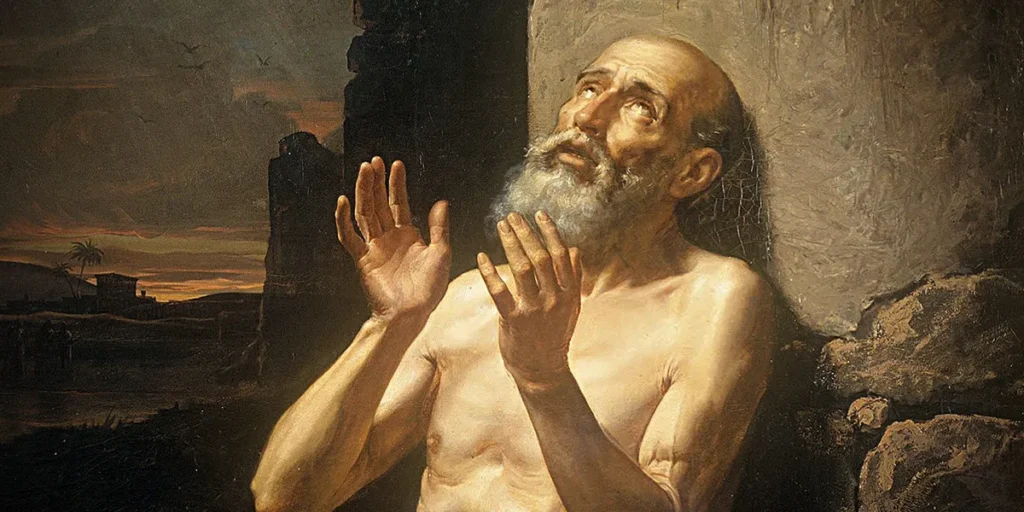From the tree of wishes to the tree of thanks
12 thanks. It is enough to look at the gratitude that can be hidden behind each difficulty

Every year, in front of the church, they decorate one of the trees that have lost half of their leaves, with some light garlands and the children’s wishes hanging from them like fruits. The slogan is easy: “The Christmas you wish for”, which, even though it is a good slogan, can become a premonition, as if to say that the Christmas you will experience is the one you wish for, so don’t complain about the final result.
The usual decoration, snowflakes, colored balls, and this year, other details such as candies. As usual, there is no reference to the figures of the nativity scene, much less to Jesus. It has been a long time since Christmas rituals have been performed without reference to the Christian religion. They are within the philosophy of the power of the mind, where wishing is power, nothing more.
Of course, Christians have also been taught to ask from a young age, although our requests went to the Three Kings, God, the Child Jesus or the Virgin Mary, and that, in addition to educating us in trust and humility, they carried with them the acceptance of the will of the one who is greater than us, God.
Now, desire is paramount, which, although they are praiseworthy desires, in the long run or in the short run, turn into frustrations in the face of the results obtained.
And, as if that were not enough, as if our desires, on their own, were not enough, the social and commercial environment makes us yearn for a series of goals of gifts and festivities that, when not fully achieved, are also frustrating. Everything has to go perfectly and be tremendously happy throughout the Christmas period.
Frustration increases when, faced with the demand for happiness, we can go through a bad time and then the sadness increases for not being able to experience the “joy of Christmas”. People who live alone are more aware of their loneliness these days.
Perhaps it is time to give a turn to our Christmas, which generates sadness and frustration in many cases. The key lies in the very Christmas of Jesus. Looking at the shepherds of the nativity scene, we see how they bring him presents in gratitude to the Child God who is given to us men and women of good will who welcome his coming.
It is about moving from desire to gratitude. The factors that integrate gratitude are in themselves healthier and more therapeutic than those of desire.
Firstly, gratitude invites us to recognize what we have and not what we lack, which makes us rich and satisfied, and not lacking in what we desire and do not have.
The gratitude, given to someone who does not expect it, transforms them. It makes them worthy, and they are in debt to us. I was told recently that a person was talking badly about me, which was totally justified. The person who told me was surprised that I gave the person who was abusing me a very personalized gift, accompanied by affection. Needless to say, that person lost all their resentment towards me.
Thirdly, it connects us with the positive, from which we add yours with mine. Because to be grateful is to recognize the good in the other, with which we are manifesting our proximity and collaboration.
These Christmases, I have decorated my tree and the parish tree with the Christmas balls of gratitude.
Each child has drawn one. I want to give them the twelve that I have hung on my tree.
- Thanks to my Parkinson’s disease that has allowed me to meet people who work to help the sick and also the limitations of the disease make me more humble.
- Thanks for being a little alone this Christmas, that has helped me to get closer to those who are truly alone and has led me to value the encounters with the people who come as the greatest wealth.
- Thanks for being older, that allows me to retire from work and still see the light of day.
- Thanks for the family and friends who invite us to celebrate their joy.
- Thanks for the sound and the party that many enjoy, as young people, discovering life.
- Thanks for the mothers of the soldiers who go to war, who encourage the humanity of their children with the suffering of mothers.
- Thanks for the turrón and seafood that we will taste these days.
- Thanks for the children who continue to ask about the paternity of Saint Joseph.
- Thanks for the Christmas atmosphere that forces me to reflect more on God’s project.
- Thanks to Jesus, who trusts us to be with us, even though we reject him and crucify him in the marginalized of this world.
- Thanks for the difficulty of life, that makes me yearn for the fullness of eternity in God.
- Thanks to the readers who give meaning to my journalistic vocation.
I have written twelve, like the chimes, but there can be more and varied. As if they were the shepherds of the manger who are moving mysteriously, the thanks can also be moving.
There is a theme, just look at the gratitude that can be hidden behind every difficulty.
Three years ago, Pope Francis urged the faithful to be more grateful because, with “gratitude,” the world becomes a better place. He said in the last general audience of 2020: “The world needs hope and, with gratitude, we transmit hope because if we are bearers of gratitude, the world also becomes better,” the pontiff said.
 (EN)
(EN)
 (ES)
(ES)
 (IT)
(IT)





